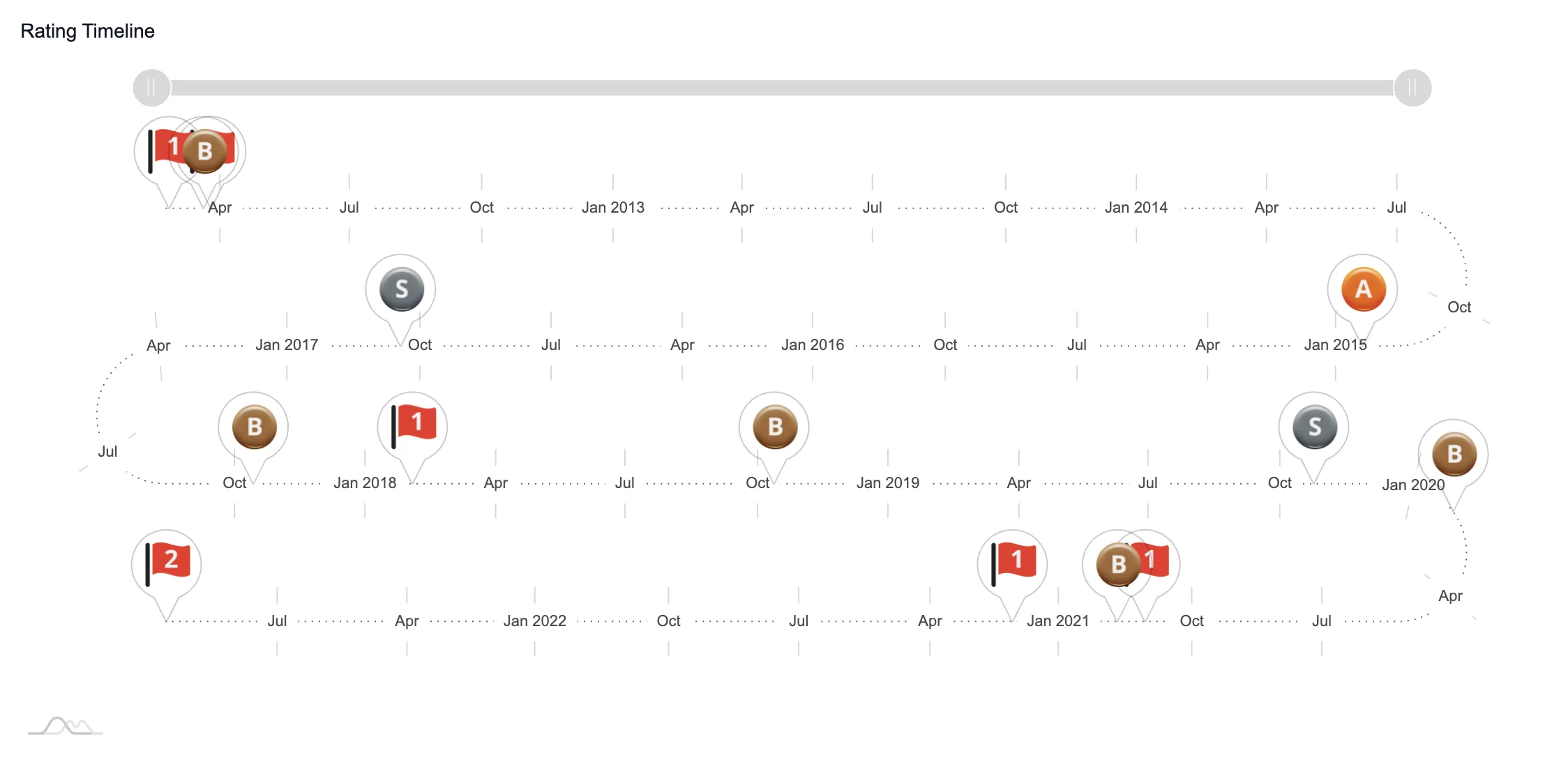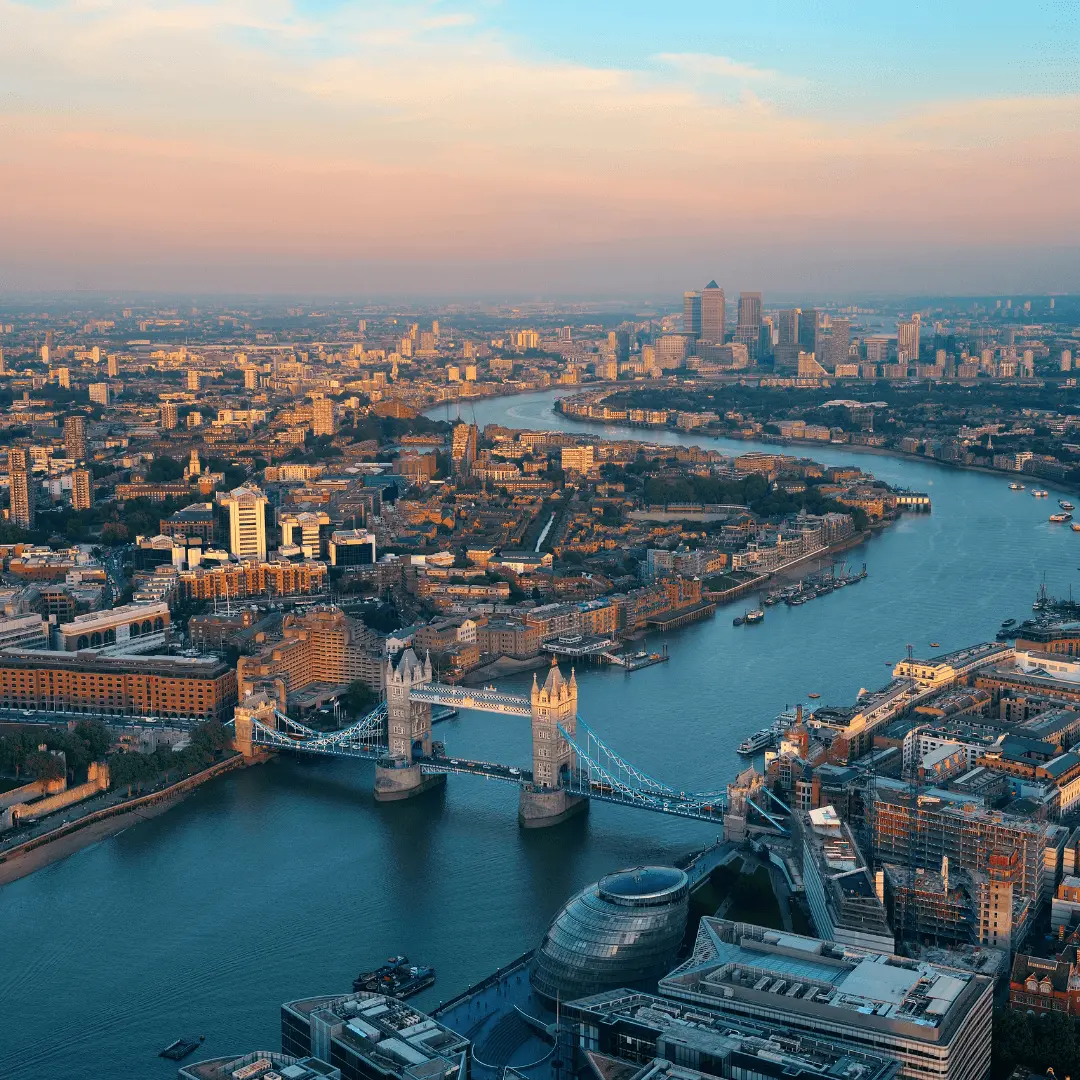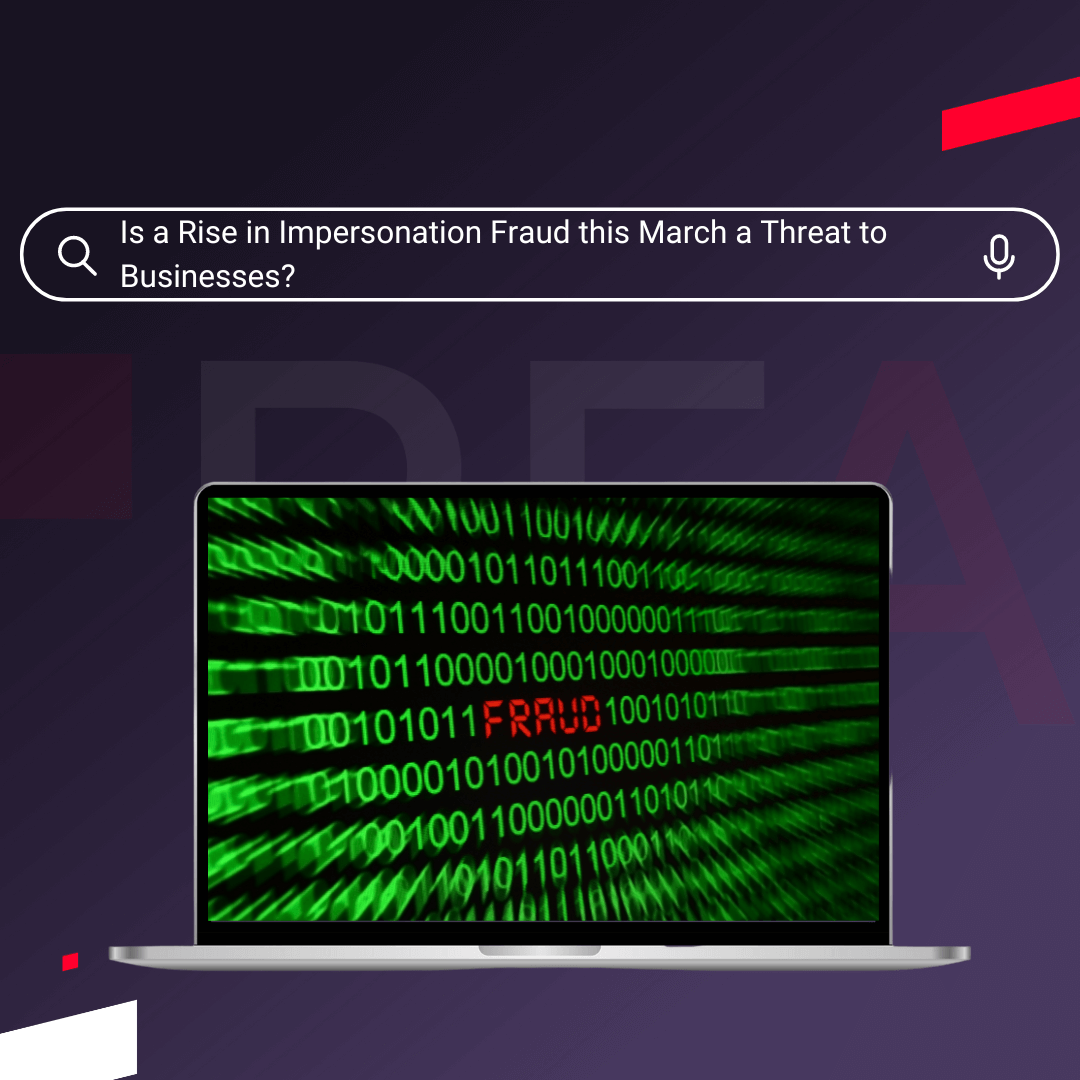Arcadia Group were a UK headquartered multinational retailer. They were the parent company for companies such as British Home Stores, Burton, Dorothy Perkins, Debenhams, Miss Selfridge, Topman and Topshop. Their Chairman was Sir Philip Green. As well as operating across several countries, the Acadia Group had 2500 outlets in the UK at their peak, employing some 13,000 people. Tracing its roots back to 1903, the Arcadia Group collapsed into administration in November 2020.
What went wrong?
The Arcadia Group’s collapse was at the end of a steady decline caused by several factors. In 2015, it was the UK’s fourth largest fashion retailer, with a market share of about 4.5%. By 2020, it was only the tenth, with a market share of 1.8%. The chief cause of its fall in fortunes is said to be its failure to modernise and compete with newer online retailers.
Arcadia’s model of a large high street presence, with high overheads for staffing and rent, put them at a significant disadvantage compared to the comparatively lower operating costs of their competitors. Arcadia Group did not capitalise on social media to drive sales, particularly when compared to companies like ASOS. The younger generation of shoppers were attracted to their competitors via slick marketing campaigns, and shorter sales processes from advert to purchase. This failure to modernise, and the change in buyer trends leading to the rise of online retailers and the decline of the high street, also meant that the Arcadia Group was unable to compete on price with the online retailers.
This meant that during lockdown they did not benefit from the boom in online shopping and saw revenues plummet. During this time, the public image of Sir Philip Green also fell as he was embroiled in controversy surrounding his behaviour towards staff and involvement surrounding the BHS pension deficit. This led to a decrease in goodwill for Arcadia Group’s brands and further impacted their sales.
The after-effects of Arcadia Group’s collapse
Following its collapse, thousands of Arcadia Group employees were left without a job and a pension deficit of around £350 million was discovered. Critics of Sir Philip pointed to a £1.3 billion dividend received by the Green family in 2005 and called on them to make up the shortfall. Ultimately, the Greens agreed to put £100 million into the fund.
The various brands of the Arcadia Group were acquired by its online rivals, who planned to implement a modern business model whilst capitalising on their established names. Arcadia Group collapsed owing hundreds of millions of pounds, including over £27 million to HMRC and £17 million to unsecured creditors. Many of these unsecured creditors collapsed themselves, unable to absorb the substantial losses.
How did Red Flag Alert spot this failure early?
Given the Arcadia Group’s slow decline, why was it that Red Flag Alert had spotted the risk associated with it and traditional credit reference agencies had not? The answer lies in our approach to data and expertise on the signs of business distress. Red Flag Alert do not believe that any company is too big to fail.
Whilst big business failure can look different from that of small or medium companies, our experience and knowledge of business risk allow us to create an algorithm capable of predicting insolvency in companies of any size. Traditional credit referencing agencies do not always look for the signs of business distress; time and again they have missed the high-profile failures of multibillion-pound companies as they believed they were too big to collapse.
At Red Flag Alert we have been the first to detect signs of failure at such companies as P&O Ferries, Carilion, Bon Marche, and the Arcadia Group. In the case of the Arcadia Group, we had rated their Parent company Taveta Investments as a credit risk on 4th June 2020, over a year before their collapse in July 2021. We had Topshop/Topman listed as a severe credit risk from 2nd August 2019, until its being declared insolvent on 6th December 2020.
Our algorithm is based on over 15 years of business data, which we have analysed for the signs of failure and growth. We have built these findings into our algorithm, and regularly review the economy for new trends and stresses that we then work into the algorithm if necessary.
We also believe that for a business data platform to be accurate, it needs up-to-the-minute data. Many traditional agencies base their credit scores on the last set of filed accounts from a business. The truth is that failure can be quick, and collapse even more so. Basing a credit score on a set of accounts up to 18 months old is no longer a viable method. Red Flag Alert features the most real-time data available and in many cases has a live feed to our data sources. Our mission is to get the most accurate financial picture to our clients, as quickly as possible, so they can make confident and informed decisions, and avoid the negative impact of bad debt.


Our award-winning platform includes:
•Records on over 15 million UK companies and over 350 million international companies
•Detailed and easy-to-understand company reports that contain a full picture of a company’s financial situation
•Unique and clear rating system that lets you know the level of risk attached to a company
•Fully downloadable reports
•Fully customisable monitoring system that gives real-time alerts on up to 89 different events, so you are always the first to know if a debt is at risk of going bad
•Search function with over 100 filters that let you prospect for only the lowest risk, most financially stable companies
•Fully digital KYC & AML suite
•Full CRM integration
Red Flag Alert is the UK's most comprehensive credit management tool. To discover how your business could benefit from Red Flag Alert's rich data set to protect your business, request a free trial today.





